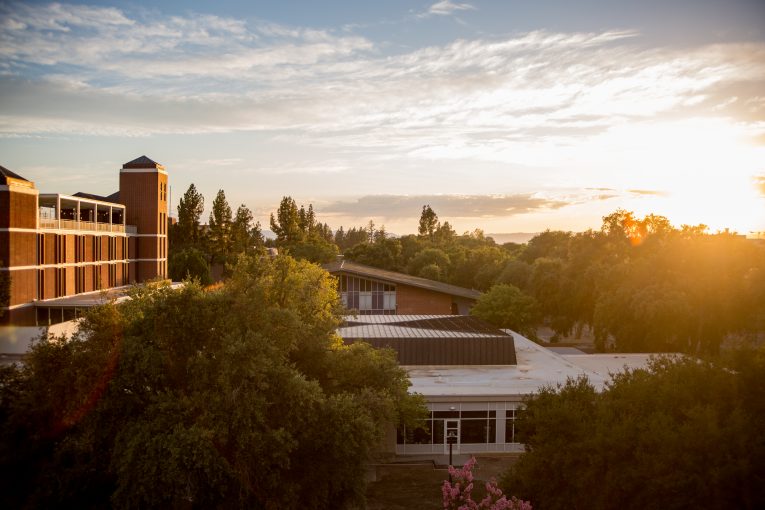
DAVIS, CALIFORNIA –– On Wednesday, Jan. 24, UC Davis’s new Underground Scholars Program (USP) had its open house in the South Hall facilities.
The program seeks to aid formerly incarcerated students and those who have been impacted by the criminal justice system in general, such as through arrest without conviction or through the incarceration of a close friend or family member.
Funded through an annual state allocation of $490,000, USP uses the peer support model, employing staff and students with similar experiences to help students in the program transition to life on campus.
Joshua Johnson, who earned bachelor’s and master’s degrees in sociology after a decade of imprisonment, is the newly appointed program director as of November 1.
He said the program would help the formerly incarcerated “navigate the challenges of reentry and reintegration, find community, access campus resources, develop a sense of personal agency, learn to advocate for themselves and their community, and connect with meaningful careers.”
“It shows the commitment UC Davis has to equity and doing what we can to change the system,” Johnson added.
This trend toward helping the formerly incarcerated have access to higher education isn’t only local––it has spread to the state level. Senate bill SB990, which has been in effect since Jan. 1, 2024, helps parolees recently released from prison gain easier access to universities.
Before the bill took effect, parolees were generally sent to their prior residence, but the specific location depends on the board that reviews them. As a result, many parolees have sometimes been sent to inconvenient locations that prevent them from attending higher education.
A perfect example is the recently released Christopher Barajas, who had to live over four hours outside of his hometown in Stockton. It was in Stockton that “I had a job lined up,” Barajas says. “I was going to go to school.”
But because of SB990, many others like Barajas will now be allowed to transfer to a county different from the one they were initially assigned to, provided that they fulfill a few key conditions––one of which being that they enroll in a university.
Since the educated formerly incarcerated have a 43% lower chance of returning to prison in comparison to those who don’t participate in education, many consider this a great step toward ensuring the well-being of important members of society.
However, given that the bill has just taken effect, the actual benefits that it could bring have yet to be seen. There are still questions of how much it will truly help those hoping for a chance to attend higher education––after all, the parole board looks for more than just a commitment to going to university to approve a transfer to another county.
Still, many see SB990 as a promising piece of legislation that will be of great help to the formerly incarcerated in California.
Photo from Wikipedia Commons: https://commons.wikimedia.org/wiki/File:UC_Davis_Memorial_Union.jpg